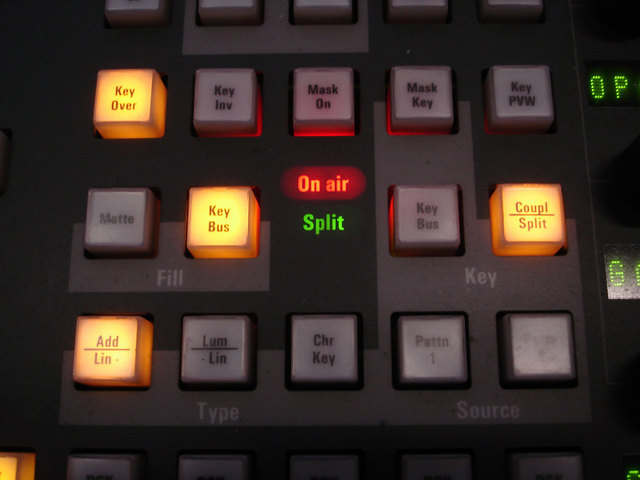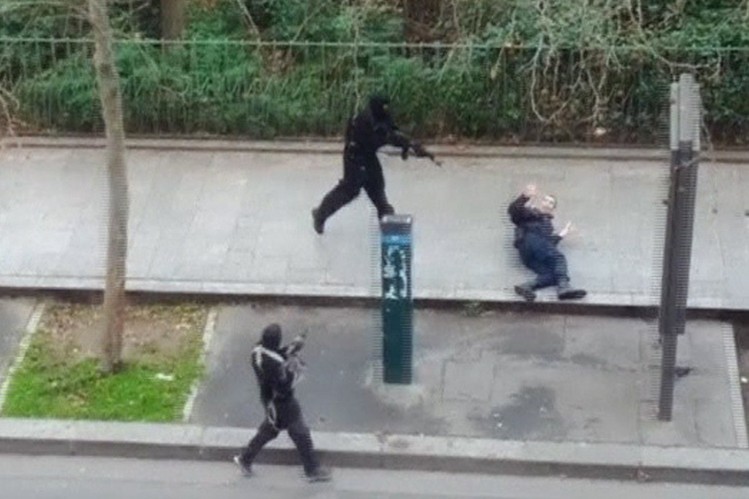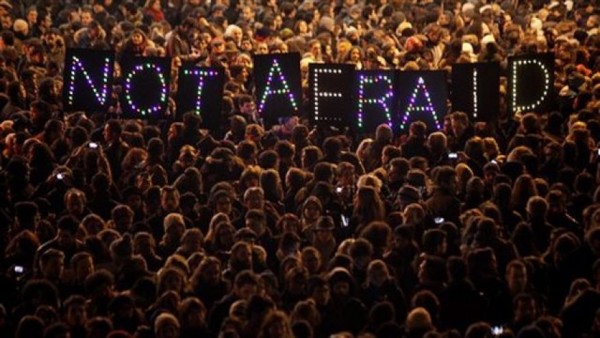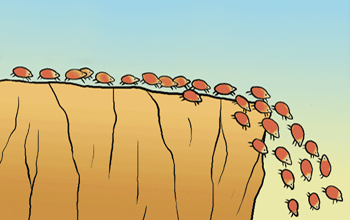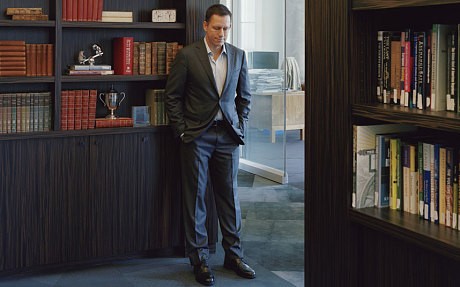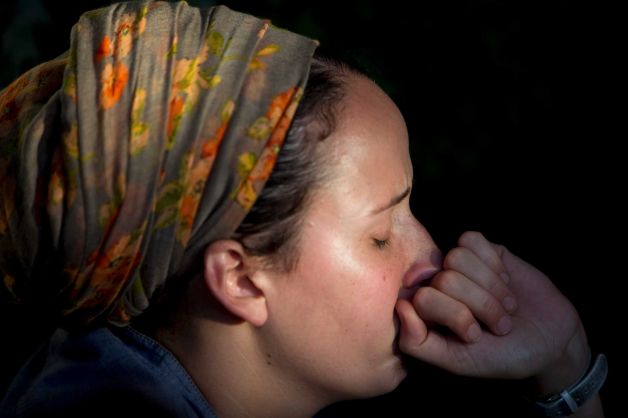The difference between settling for and endorsing a candidate is known only to you. It’s a thin line, and the ballot box will never tell the rest of us which. That doesn’t mean there is no accountability for the choice that you’ll make. The personal accountability for what you’ll do (and won’t do) this time around seems sharper than ever.
The 2016 Election has devolved into A Parade of the Unacceptable. As well as the Embarrassing, the Puerile, the Deceitful and the Self-serving: all of it egged on by a largely complicit press eager to bring us “reality TV” as real life. But there are genuine risks and opportunities for each of us behind the entertainment curtain. A moral stake in the outcome. Our votes should be about more than wanting one candidate over another for American Idol.
When we manage a moment or two of seriousness, our asides seem to be about everything other than our convictions.
Here in heavily Democratic Philadelphia where I live, they say to me “Yes, there’ll be a little vomit in my mouth before I vote for her, but look at the alternative.” Republican friends elsewhere are more likely to say: “He’s such a bully that he’ll disrupt the entire system she and her cronies are trying to hold onto — and maybe that’s a good thing.” None are supporting a candidate for what they’ve stood for or that their lives have demonstrated when the television lights are off.
On the other hand, every single ballot in America will offer better alternatives in November. They’ll also allow you to write in somebody other than Pokeman, that is, not a cynical protest vote but the name of a man or woman you could actually follow as a leader. There is time between then and now to rally the like-minded around such a person, who might even be available to lead us next time if not this time.
Elections should be about what you believe in, not ulterior motives. While politics may be the art of compromise (like sausage-making), that’s not what it should be when you vote. Because sometimes — this time — their sausages aren’t worth eating.
And you don’t have to.
Also published in Medium @worklifereward.
